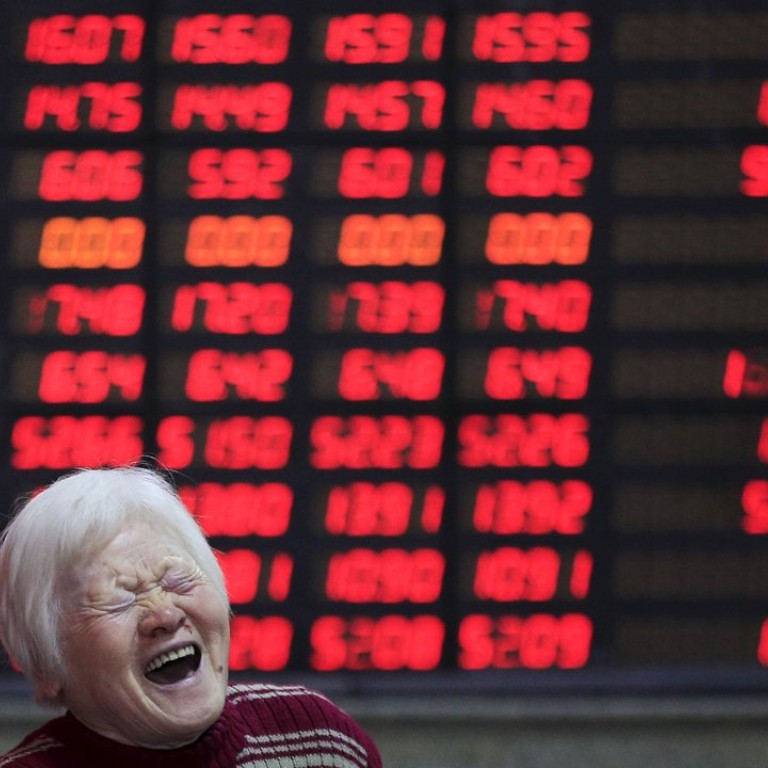
New | To attract global fund flows, China will need to improve transparency, access to information, says analyst
Global investors prefer policy continuity and open access of information, says stock indexes expert
In uncertain times for China’s economy and markets, transparency advocates say better information flows and reduced capital controls could attract more international investment in equities, promote diversification by Chinese investors and ultimately spur growth.
“The best markets, the most liquid markets, are the ones that have free flow of information, easy access, low transaction costs and good custody systems,” S&P Dow Jones Indices chief executive officer Alex Matturri said.
“To the extent that China’s market becomes more transparent generally, that its rules meet global standards, that will bring more investment into China.”
Domestic and foreign investment schemes like qualified foreign institutional investor (QFII), qualified domestic institutional investor (QDII), renminbi qualified foreign institutional investor (RQFII), mutual fund recognition and the Shanghai-Hong Kong stock connect have facilitated capital flows in and out of China, but Matturri says their limited scope has kept demand high.
“China is such a large part of the global market, as it opens up investors need to find ways to gain access to it,” Matturri said.
At the same time, knee-jerk official reactions to volatility in mainland Chinese equity markets have raised fears among investors that, even if they can get their money into China, they may not be able to get it out again.
“The performance of the last year, when policies were changing weekly, that’s not healthy. Foreign investors are going to take a step back, wait and see, take another look in six months when things have stabilised,” Matturri said.
Offshore-listed shares of Chinese companies provide a relatively hassle-free option. According to S&P Dow Jones Indices, offshore-listed shares have represented as much as 30 per cent of the total market in China company stocks.
The market capitalization of mainland Chinese companies on the Hong Kong Stock Exchange is around HK$8.8 trillion – with China Mobile and China Construction Bank accounting for about 30 per cent of that total.
With other big listings in the United States and more scattered around the globe, S&P Dow Jones Indices has developed a new index to track 500 top China companies whether they happen to be listed onshore, offshore or in multiple locations.
“The idea was to come up with an index that can cross the artificial barriers of where a stock is listed to really give investors the full flavour,” Matturri said. “It’s much more about inclusion than exclusion. By including offshore securities, you’re getting that much broader picture of the China story.”
The “China 500” differs from the domestic indices, notably the Shanghai Composite Index, by being less biased toward the financials sector and more tilted to information technology, reflecting the presence of major IT companies offshore.
Hong Kong-listed Tencent Holdings and New York-listed Alibaba Group are the top two weighted members in the China 500.
Although banks still comprise half of the top 10, and financial stocks are the heaviest by index weight at 27.4 per cent, that is considerably lower than MSCI China’s 37.5 per cent and well below the Hang Seng China Enterprises Index’s 73.4 per cent.
The top 10 is rounded out by Ping An Insurance, China Mobile, and Baidu.com.
Matturri said the index was primarily useful to international investors for now, but it could help Chinese investors move into outside markets if constraints on offshore investment were eased in the future.
“It’s starting to open up, but Chinese investors don’t have ways to diversify yet. I think it’ll be healthier for the growth of the Chinese markets when they can do that,” Matturri said.

